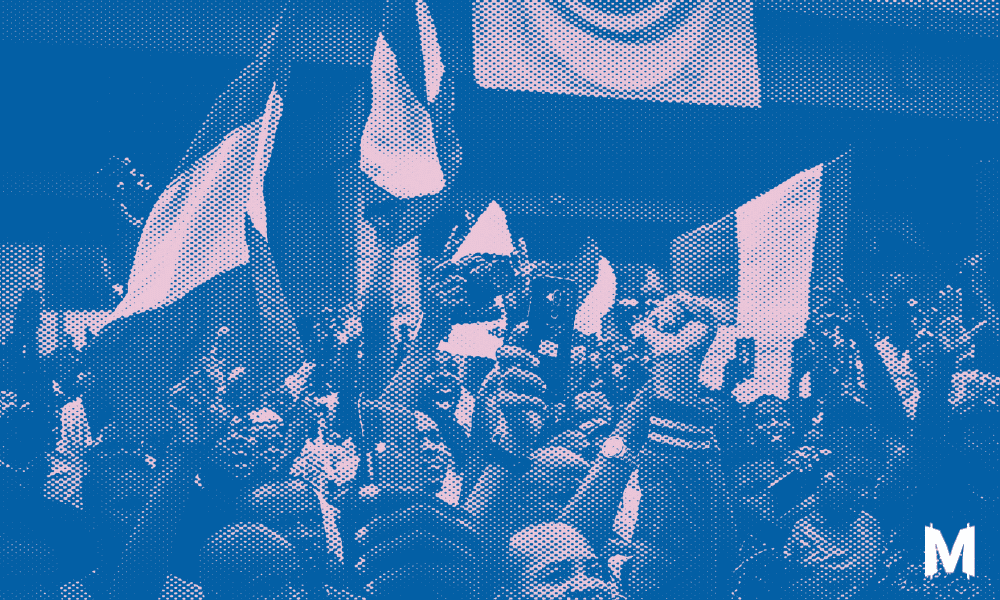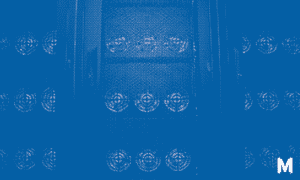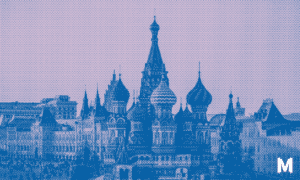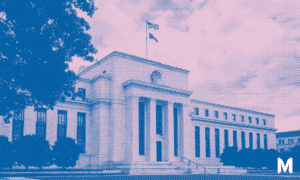Paxful is a peer-to-peer bitcoin marketplace that allows users to buy and sell bitcoin without using a centralized exchange. In countries where governments have made bitcoin illegal, users frequently resort to buying bitcoin on black markets or peer-to-peer exchanges.
The Nigerian government issued a nation-wide bitcoin and crypto banking ban on the 5th of February 2021.
According to Bitrawr, bitcoin is legal in Nigeria but banks are not allowed to offer bitcoin-related services to customers. Despite the bitcoin banking ban in Nigeria, over 2000 Nigerians traded bitcoin on Paxful in 2021.
The total reported volume of bitcoin trades on Paxful amounted to $760 million last year. The country’s currency, the Naira, has become weaker since the bitcoin banking ban in early 2021 while bitcoin adoption has increased.
Nigeria’s inflation rate is 18.6% as of June. With inflation rates well into the double-digit range, and possibly worse than officially reported, more and more Nigerians are turning to bitcoin as an alternative store of value to protect their purchasing power.
In Q1 of this year, Paxful reported $400 million worth of bitcoin trades by Nigerians. This is already more than half of last years entire trading volume. If the rest of the year follows the same trend, we could expect the bitcoin transaction volume in Nigeria to surpass $1.6 billion on Paxful alone.
Peer-to-peer exchanges like Paxful are an attractive option for people in countries where governments are more restrictive or centralized institutions cannot be trusted.
Bitcoin itself is decentralized peer-to-peer cash. When you add on top that people can purchase bitcoin on decentralized, peer-to-peer marketplaces like Paxful, this contributes to bitcoin’s decentralized nature and makes it even harder for governments to impose capital controls or outright bans on bitcoin.
The recent increase in bitcoin adoption and P2P trading volume in Nigeria shows that banking bans can’t stop people from choosing alternative currencies and stores of value, especially as inflation increases.




